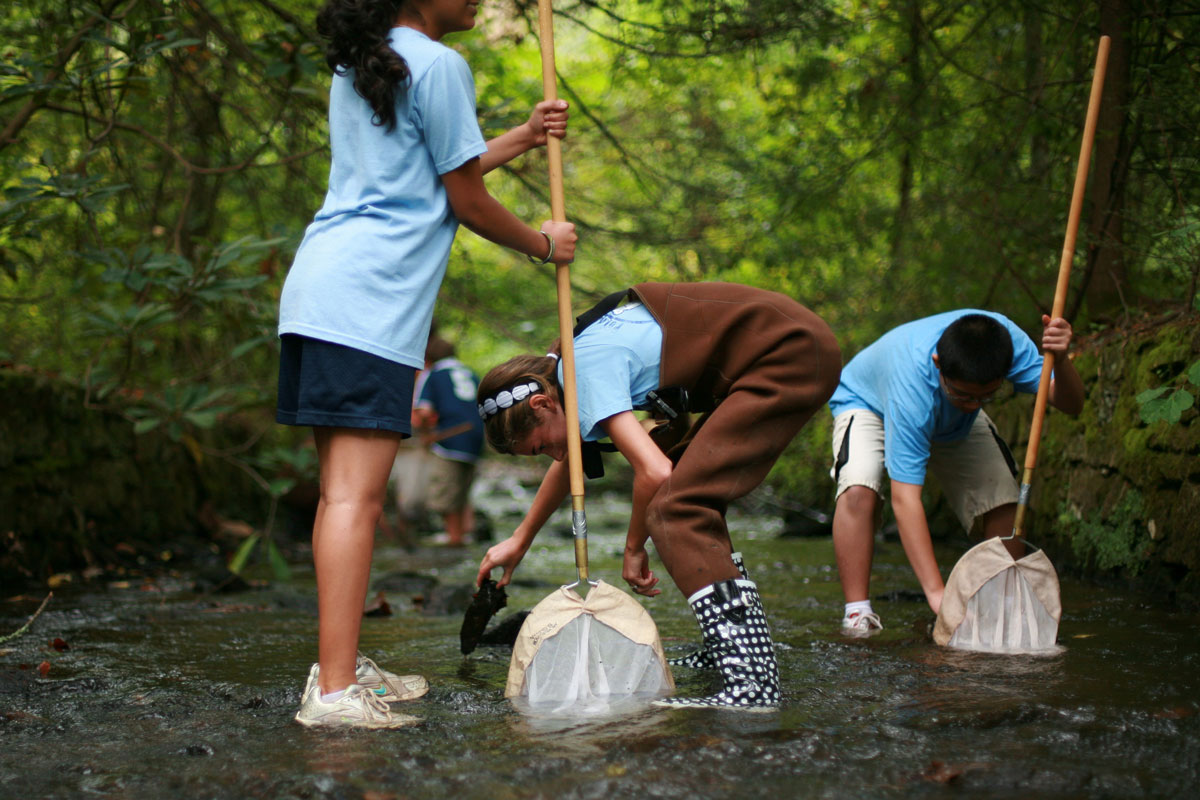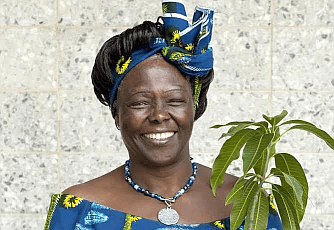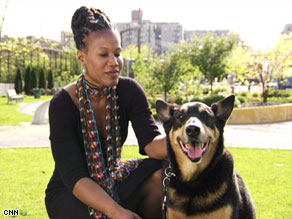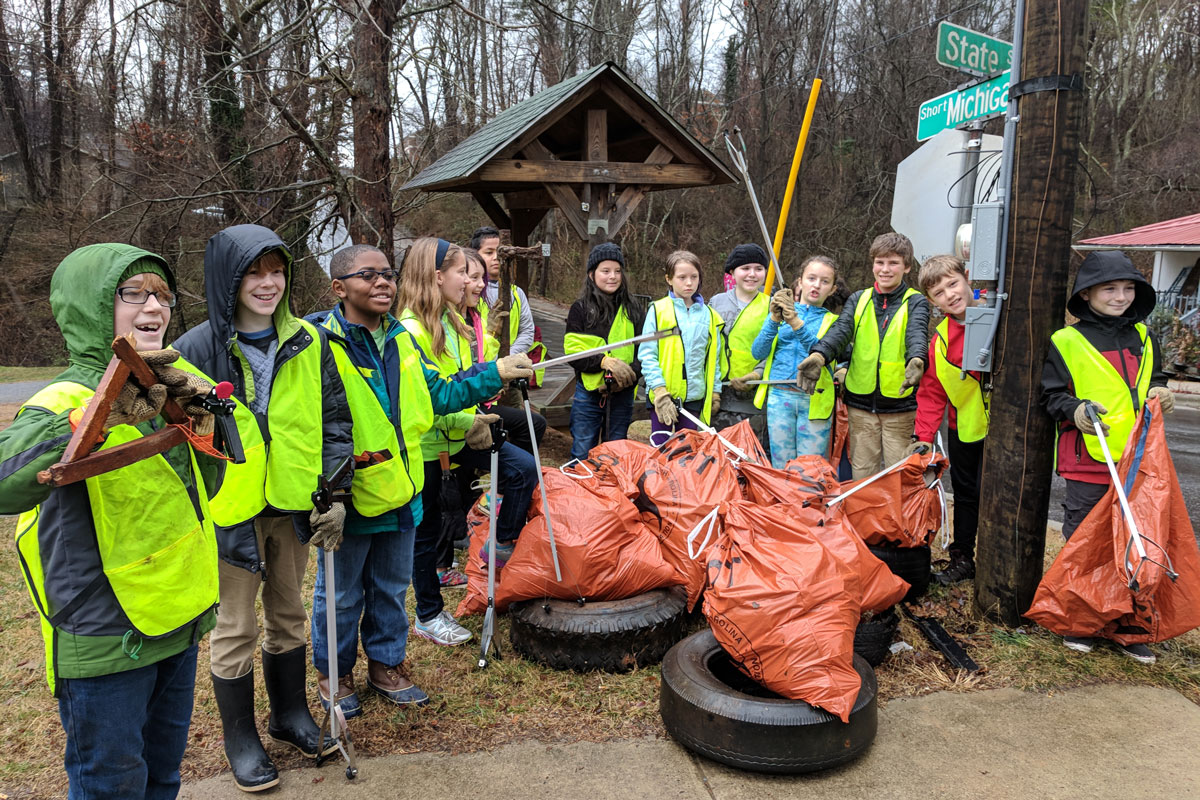
At RiverLink, we believe strongly that racial justice is environmental justice. We continue to strive to make the environmental field inclusive for all people of different backgrounds, races, and experiences. In the 12th issue of our Learn to Love the River email series we profiled two amazing women in the environmental field, Dr. Wangari Maathai and Majora Carter. Read on to learn more about their valuable contributions to the fields of racial and environmental justice.
Dr. Wangari Maathai

Dr.Wangari Maathai was born in Kenya in April 1940 and passed away in September 2011. She was an educator, voice for women’s rights, activist and environmentalist who greatly influenced her home country’s community and environment. Dr. Maathai was the first African woman to receive a Nobel Peace Prize. She was awarded this honor in 2004 for her contributions to “sustainable development, democracy and peace.” In 1977 Dr. Maathai started the Green Belt Movement to counteract deforestation that was threatening subsistence agriculture. The campaign encouraged women to plant trees in their communities, helping to reduce poverty, protect the environment, and support women. This movement is attributed to the planting of over 30 million trees!
In 1977 Dr. Maathai started the Green Belt Movement to counteract deforestation that was threatening subsistence agriculture. The campaign encouraged women to plant trees in their communities, helping to reduce poverty, protect the environment, and support women. This movement is attributed to the planting of over 30 million trees!
Dr. Wangari Maathai shattered the “expected” roles of women in society and paved the way for many generations to come. She was only one person. To a world of 7 billion people, she may have seemed small. But she used her voice to fight for environmental protection and women’s rights, and accomplished so much for her community and environment.
Majora Carter

Majora Carter was born and raised in the South Bronx area of New York City. After university she didn’t picture herself going back home but ended up moving doing so after graduation. This gave her the opportunity to stumble upon an abandoned lot which had turned into a garbage dump and junkyard. This lot was riverfront property along the Bronx River, and Majora envisioned a brighter future for it and her neighborhood.
Her passion for addressing the many environmental issues that her community faced prompted her to found Sustainable South Bronx, a nonprofit for urban development, education, and environmental justice. Through Sustainable South Bronx, she was able to raise money to turn that abandoned lot into Hunts Point Riverside Park which is part of the South Bronx Greenway! She continued to work towards expanding parkways in her neighborhood and creating green infrastructure projects like cool and green roofs which help with stormwater and reflect sunlight to reduce the heat of buildings.
The creation of parkways and green jobs like brownfield remediation and urban forestry has increased the quality of life and improved the environment for South Bronx residents. Majora has encouraged and empowered others to work hard and see the good they can do for themselves and the world.

At RiverLink we believe that everyone can do important work to keep our environment healthy, which helps keep us and our community healthy too. From river clean-ups to environmental education programs to stream restoration projects, we are continually working hard to give people the opportunity to learn about and experience the valuable natural resource that is the French Broad River.
